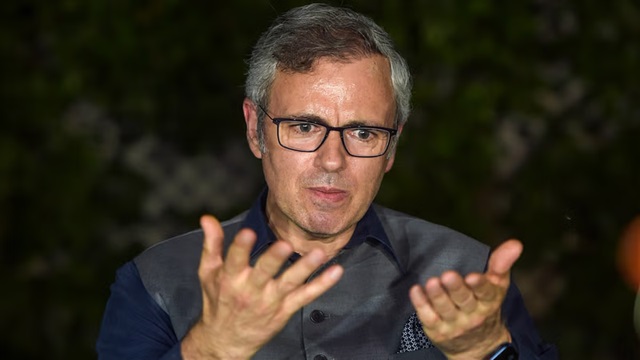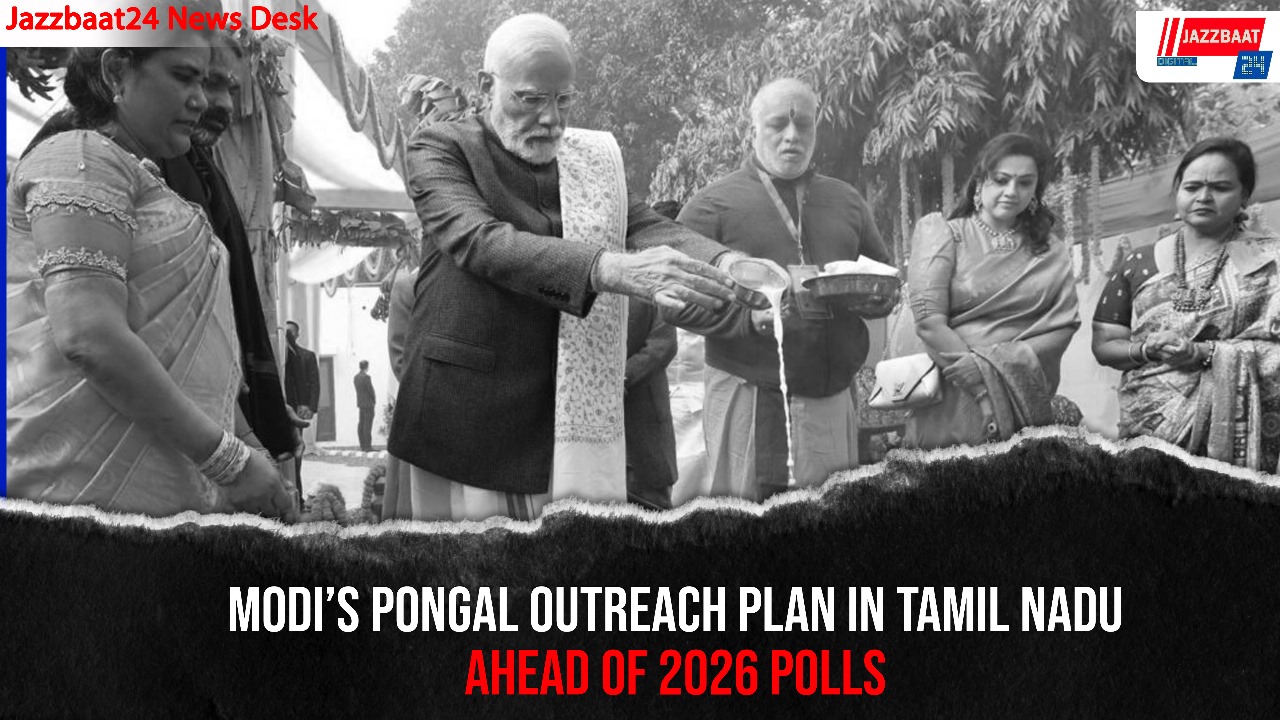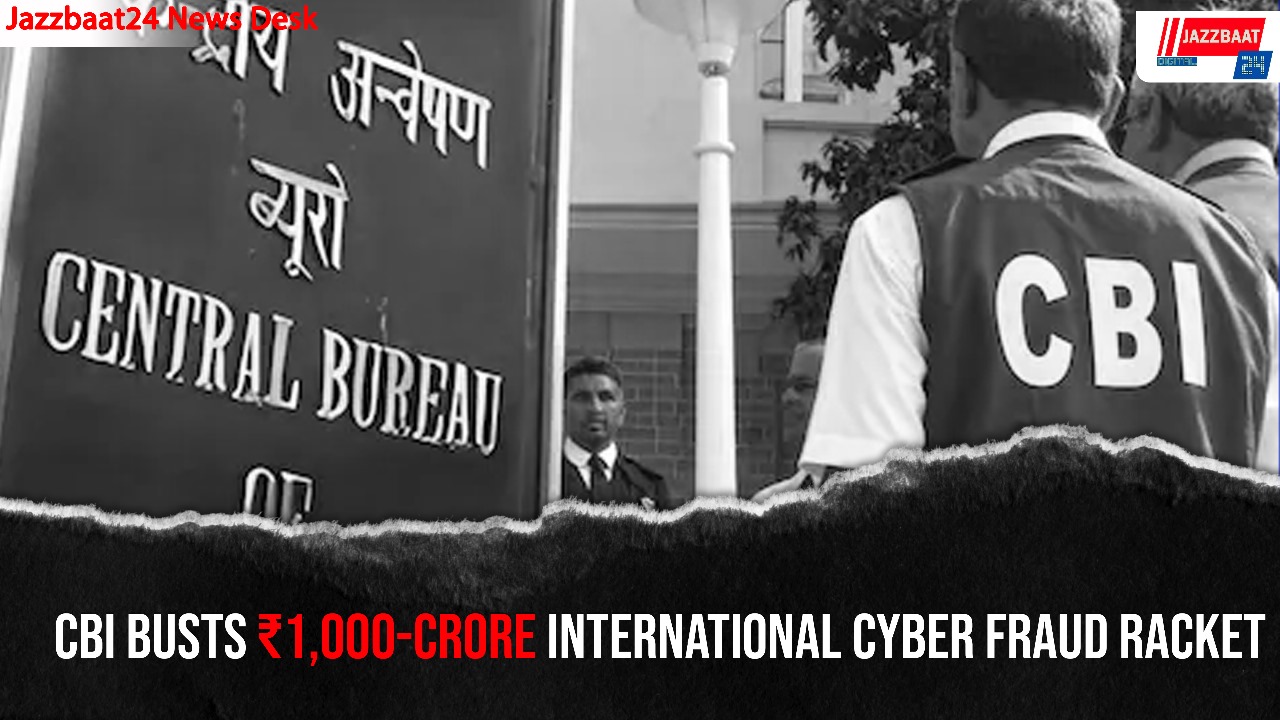In a politicized stance, Omar rejected the notion of a shadow cabinet and reinforced that only one legitimate government can exist. This is also against the backdrop of heated debate over governance and political representation.
The shadow cabinet is not a constitutional creature, and it can confuse the citizenry. The line of governance must be clear; the government must be centrally located without any other authorities that would never be legally recognized.
This was a line just in accordance with the last-minute attempts of the opposition to create an informal decision-making body, underlining that a democratic system is one single, elected government, and any attempt to create parallel structures undermines the constitutionally legitimate administration.
Political analysts say that Omar's utterance epitomizes indefeasible commitment to governance and constitutional strength. While such shadow cabinet confrontations range between focused and innocent, specters of renewed rivalries will arise, with advocates clamoring for alternative solutions while critics warn against rising instabilities.
While this has gone on, all indications point towards decorated speech as a support for the award of the preference to one utmost authority with a connotation of bringing about stability and thus unity.





